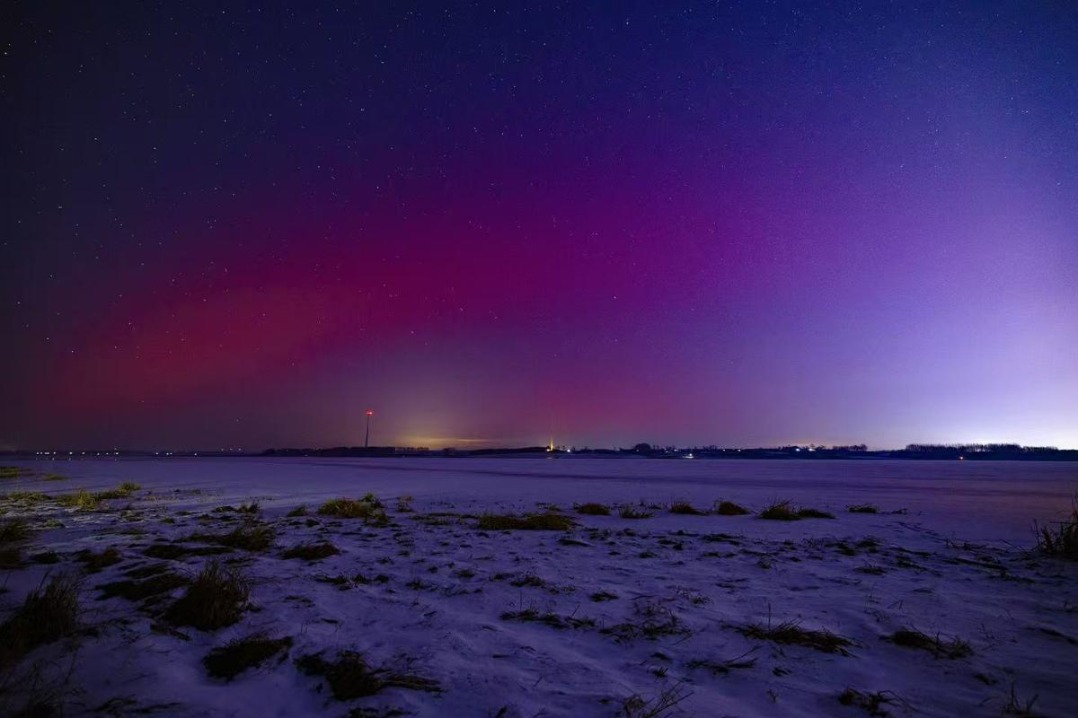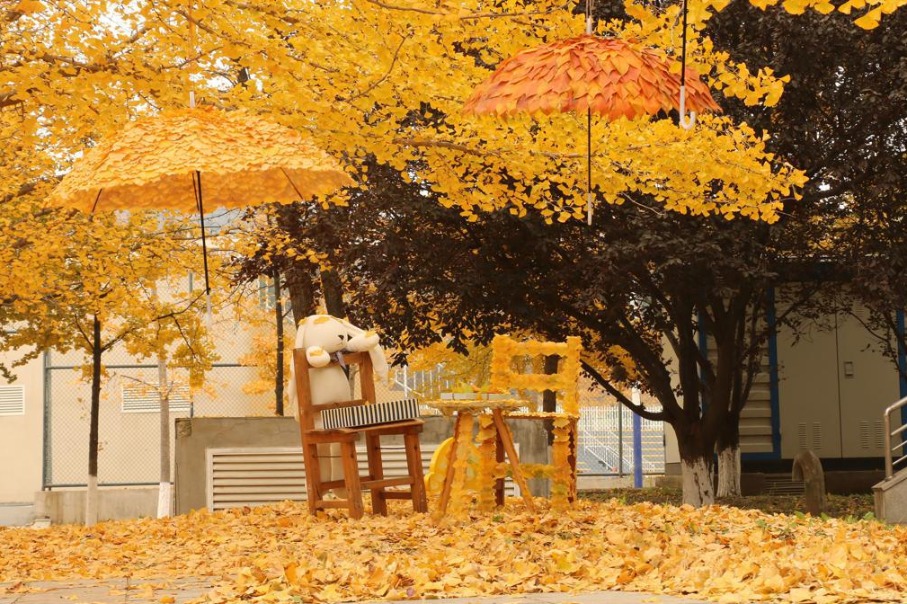Research finding may help protect satellites from volcanic eruptions

Volcanic eruptions have the capacity to threaten the safety of satellites, although they are hundreds of kilometers higher up from the Earth's ground, recent research reveals.
The massive 2022 eruption of the Hunga Tonga-Hunga Ha'apai volcano was one of the most powerful explosions ever recorded.
It was reported that explosions of volcanic gas in that eruption were audible more than 2,000 km away in New Zealand.
It blasted ash and gas high into the sky, reaching heights over 50 kilometers, above most clouds and weather, and sent waves rippling through the Earth's atmosphere.
Scientists from the University of Science and Technology of China, or USTC, recently reported how the waves developed, on Eos, science news magazine of American Geophysical Union.
These waves traveled all the way to the upper atmosphere where satellites orbit, causing unexpected disruptions in this region, according to the Eos report.
"By detecting and modeling how atmospheric waves triggered by surface events disturb the upper atmosphere, we can better predict sudden increases in atmospheric drag that affect satellite orbits," said Lei Jiuhou, director of the research team.
Using data from satellites and computer models, the scientists investigated why the waves had spread so far.
"We focused on two possible causes, namely, Lamb waves and secondary gravity waves," said Li Ruoxi, who is an associate research fellow with USTC.
Lamb waves are pressure waves that "hug" the Earth's surface, while secondary gravity waves are new waves created when initial eruption waves break apart higher up.
The authors found that secondary gravity waves, with their faster speeds and larger magnitudes, matched the satellite observations best.
"This means that they were the key driver of the upper atmosphere's dramatic changes," according to the report.
These findings matter because they reveal how geological events on Earth's surface, like volcanoes, can "talk" to the edge of space, said the report.
Understanding this link helps enhance satellite safety and improve space weather forecasting, both of which are critical as humans increasingly rely on satellites for communication, navigation and climate monitoring.
"The new finding and further research may enable satellite operators to plan maneuvers several hours in advance, helping to prevent unexpected orbital decay or collisions," said Li.
- China, CELAC vow to broaden education collaboration
- Sichuan amphibious ship returns after maiden sea trial
- Justice on horseback: bringing the court to Xinjiang's herders
- China issues alert on overseas study in Japan
- Chinese scientists discover lunar rust, revealing new oxidation process on the moon
- China's major airlines offer refunds and rebooking for Japan-bound passengers amid security alert




































